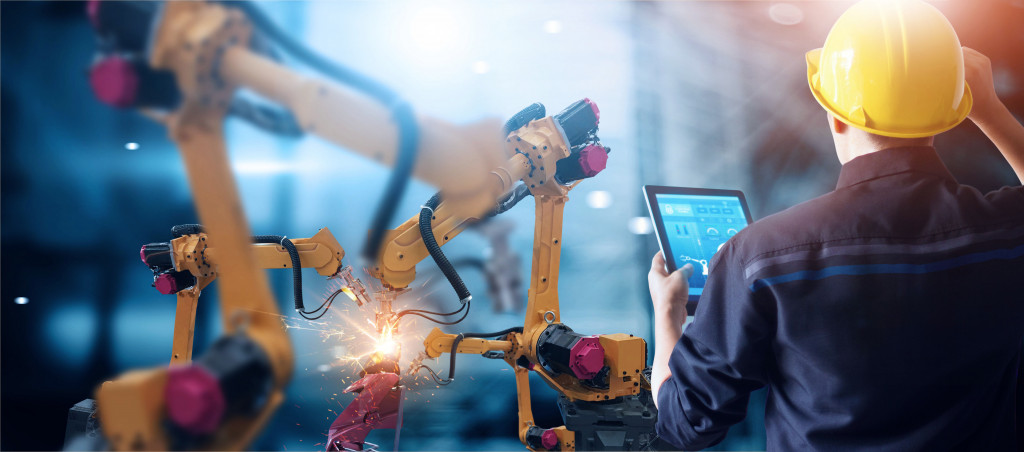As the world progresses into the digital age, many industries are being forced to change with it. One of those industries is manufacturing. It’s also created jobs for people who might not have found work before due to their geographical location or limitations on what they can do physically because of global events. How will these changes impact the future of manufacturing?
In this article, we’re going to take a look at the changes in the manufacturing industry and how they can further change in the future.
The Mobile Revolution and How It Affects Manufacturing
The mobile revolution is a term used to describe the current era of technological change, which is being driven by mobile devices and apps. This revolution is changing the way we live and work, and it’s having a profound impact on the manufacturing industry.
With the advent of 3D printing and the increasing availability of robots, factories are becoming smaller and more specialized. This is changing the way products are made, and it’s having a ripple effect throughout the manufacturing industry. The result has been an explosion in innovation which has changed how we view our world from cars to clothes to even food distribution systems. It’s also created jobs for people who might not have found work before due to their geographical location or limitations on what they can do physically because of global events.
How 3D Printing Has Changed Manufacturing
3D printing refers to the process of creating three-dimensional solid objects from a digital file. The technology has been around for a few years, but it’s only recently that it’s become affordable and accessible to the average person. This has led to a boom in 3D printing, as people have started to use it to create prototypes and even products.
One of the benefits of 3D printing is that it allows you to create prototypes quickly and cheaply. This is because you can print them out on your printer without going through a manufacturing process.
3D printing is also starting to be used for actual manufacturing. This means that you can print out products in your own home without having to go through a manufacturing process. This makes it an excellent tool for businesses who want to produce small quantities of products without having to invest in a factory.

How Robotics Has Changed Manufacturing
Robots are constantly being used to improve manufacturing operations. They can be used to speed up the manufacturing process, and they can also be used to improve the quality of the manufactured products. In addition, robots can help reduce the number of defects produced in a factory. This makes the factory more efficient and more productive.
Smaller manufacturers are also starting to use robots to improve their operations and manage their warehouses. This is because robots are becoming more affordable and accessible. In addition, they are becoming more sophisticated, making them more useful in the manufacturing process. As a result, we can expect to see even more robots in factories in the years to come.
The Effects of a Global Pandemic on Logistics
A global pandemic is a serious event that has a devastating impact on the world’s economy. One of the industries that were affected the hardest was logistics. This is because the global pandemic caused widespread panic and chaos, which resulted in a decrease in trade and an increase in the cost of goods.
In addition, the global pandemic caused a shortage of labor. This would be especially true for workers in high-risk categories, such as healthcare workers and even logistics. As a result, the production of goods slowed down and came to a standstill.
The transportation of goods would also be affected by a global pandemic. This is because of travel restrictions, which led to a decrease in the number of transported goods. In addition, the cost of transportation increased, as companies would have to pay more for workers and the use of vehicles.
The Bottom Line
Manufacturing is one of the most important sectors in the economy. It’s responsible for creating jobs and producing products that we use every day. In addition, it’s a significant contributor to economic growth.
This is why the government needs to support the manufacturing industry. The government can do this by providing incentives for businesses to invest in new technology and investing in education and training programs that will help people develop the skills they need to work in a factory. The government can also help reduce the cost of doing business in the manufacturing sector. This will make it easier for companies to invest in new technology and hire new workers. As a result, we can expect to see a resurgence in the manufacturing industry.

